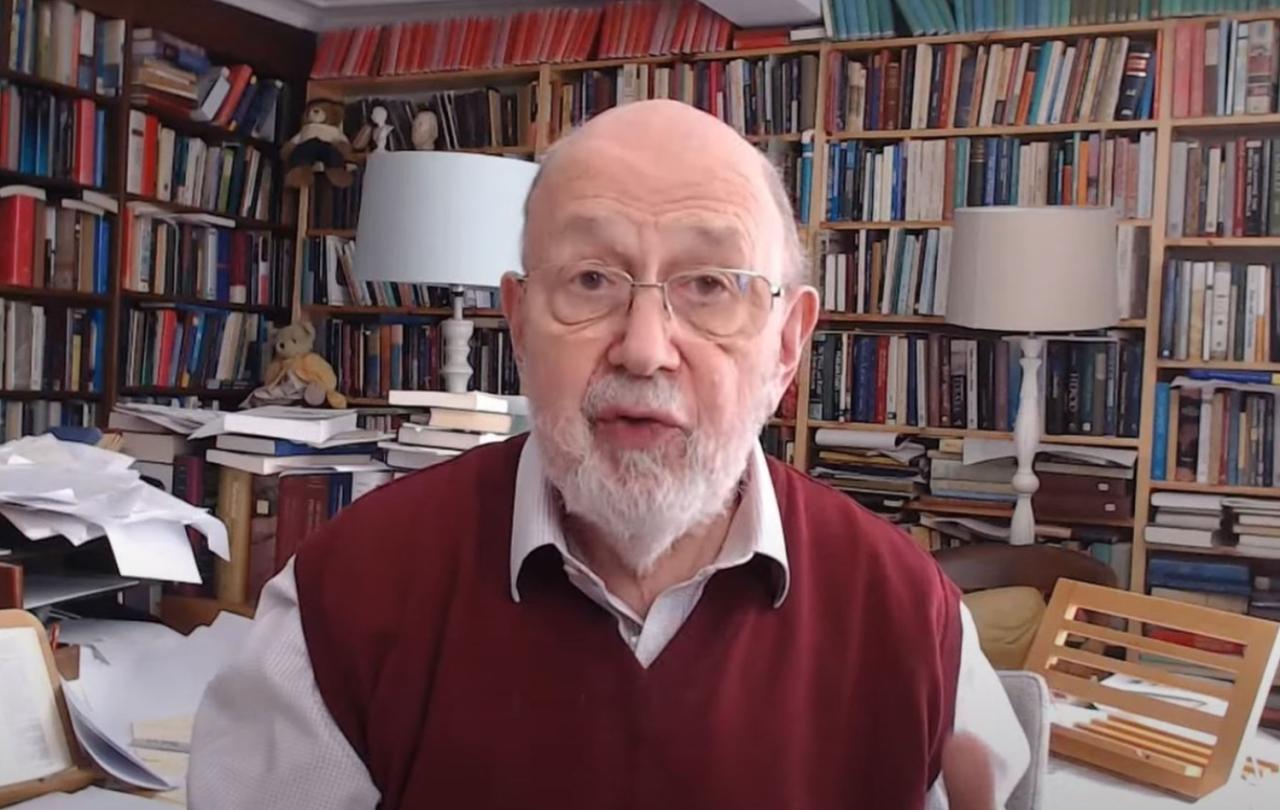Advent urges me never to stop calling for help, but if calling for help isn’t exactly the same thing as summoning hope, it’s perilously close. Is it possible to call for help if I don’t believe, if I am afraid to let myself believe any help will arrive?
Well, apparently it is. I learned this from Afraa’s tiny daughter buried in rubble.
After the earthquake, relatives and friends rushed to the ruins of the collapsed apartment building in order to try to rescue those who had been inside. As they dug through the debris, one of them reported hearing “a voice” from beneath the rubble. The rescuers followed the sound and eventually uncovered the baby, still attached to her mother by the umbilical cord. She was pulled from the wreckage of her house and family, and sped to hospital where she miraculously made a recovery and was adopted by her aunt and uncle who gave her her mother’s name.
She was rescued because someone heard her voice. The journalist does not specify what kind of noise she was making, but given that she was injured, suffering from hypothermia, and barely breathing it seems it must have been weak crying or whimpering. And considering that she was surrounded by her dead mother, father, and four siblings, and that the entirety of her short life outside her mother’s body had consisted of the noise, terror, chaos and pain of the building falling upon her, it seems impossible that she was hopefully and consciously calling for help. How could she imagine what help might be? Her mother had not even had the chance to hold her in her arms. What could she know of a tender face, gentle hands, warm blankets, nourishment in her belly, soft fabric against her skin, the healing of wounds? She was not waiting or hoping for any of these. She did not even know they existed. She was simply weeping for the terror and pain and loneliness of her little life. But the weeping was enough to save her.
As I consider tears, it seems to me that they can, in themselves, be reason for hope. The person who weeps has accepted neither that things are the way they should be (as do those who cooperate with or advance the destructive forces in the world), nor that things are the way they must be (as do those who, however understandably, give up and surrender themselves to being destroyed). If you still weep and mourn for what is wrong in the world, however powerless and wounded you may feel, you are not yet overcome. In fact, unless we grasp how grievous our wounds are, how can we begin to seek out the right physician? How will we choose to make the changes within our power to make? A world that is lamenting its own brokenness, as Advent encourages it to do, seems to me to be a world for which there is yet hope.
I have never experienced the trauma of a building collapsing upon me, but I’ve spent plenty of time trapped beneath the twin wreckages of a life I once had and the one I was hoping to build. Maybe you’re buried in rubble too. Maybe you’ve survived an earthquake and its aftershocks, but you’re not sure you’re glad you have because you’re bleeding and crushed and in the dark and you can’t imagine how you will rebuild and survive in such a world even if you do eventually emerge. Maybe you’re not even sure you want to be rescued because it’s all, all broken now – your home, your family, your bones.
This Advent I am trying to gather the strength to call for help for myself and for the world although my heart and my faith are bruised. Maybe you will call too. But if we are too afraid and confused and wounded to do even that, then let us weep, friend, together in this darkness. For although this is a world in which much breaks and dies, it is also one in which rescue has been known to arrive unlooked and unhoped for. And if the memory and the promise of Advent hold any truth, sometimes the hand outstretched unexpectedly to deliver turns out to be, beyond all imagining, the hand of God.


